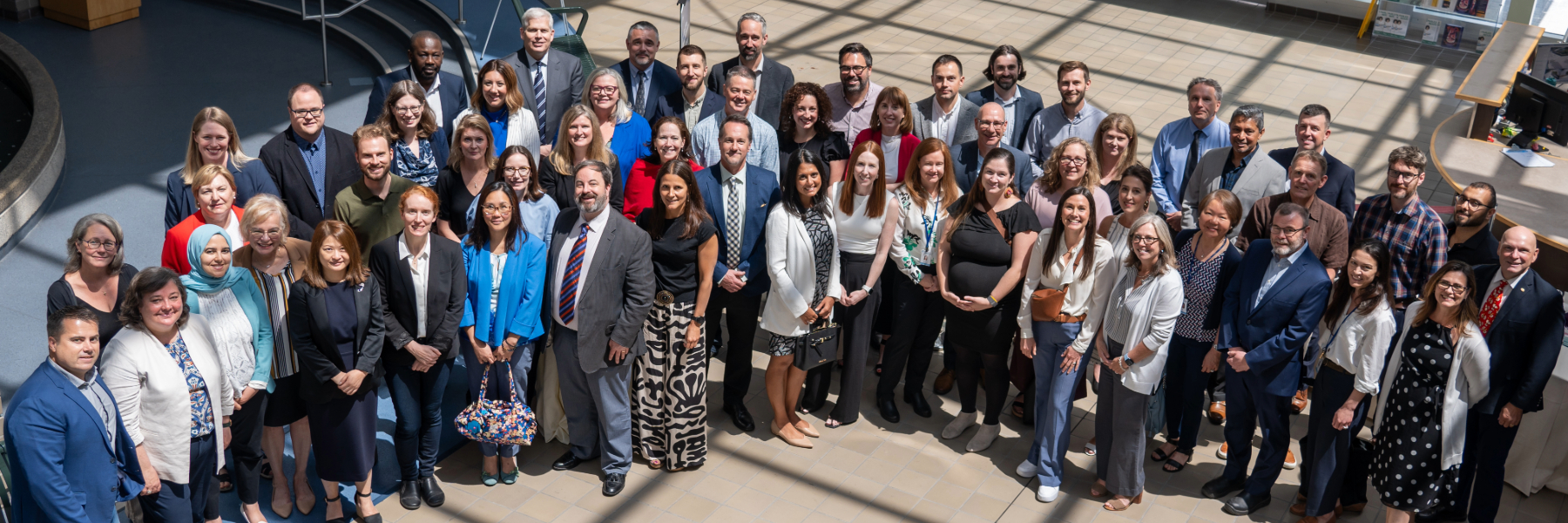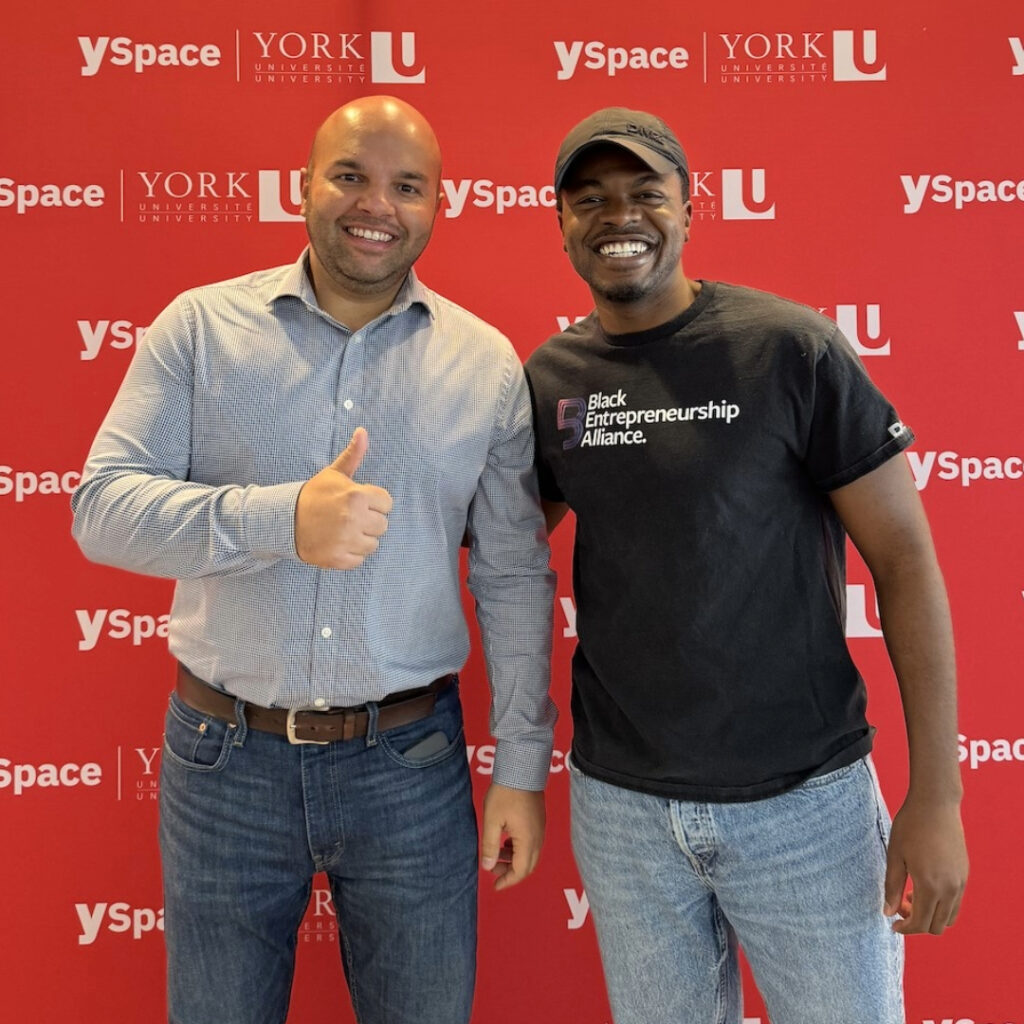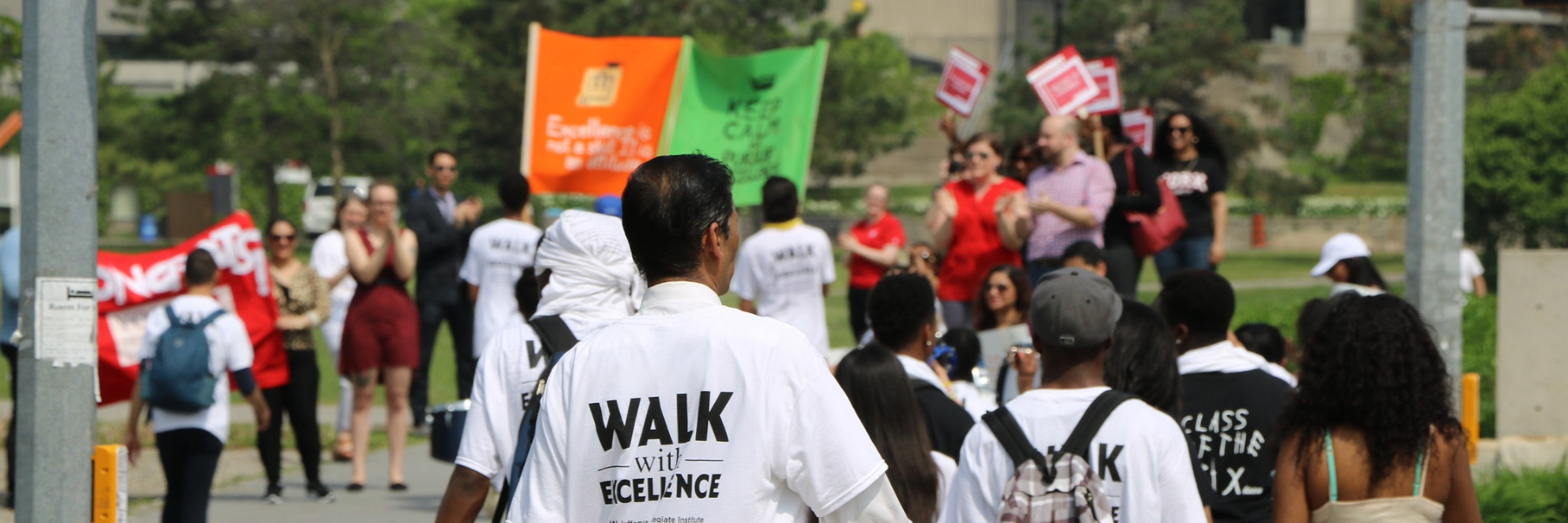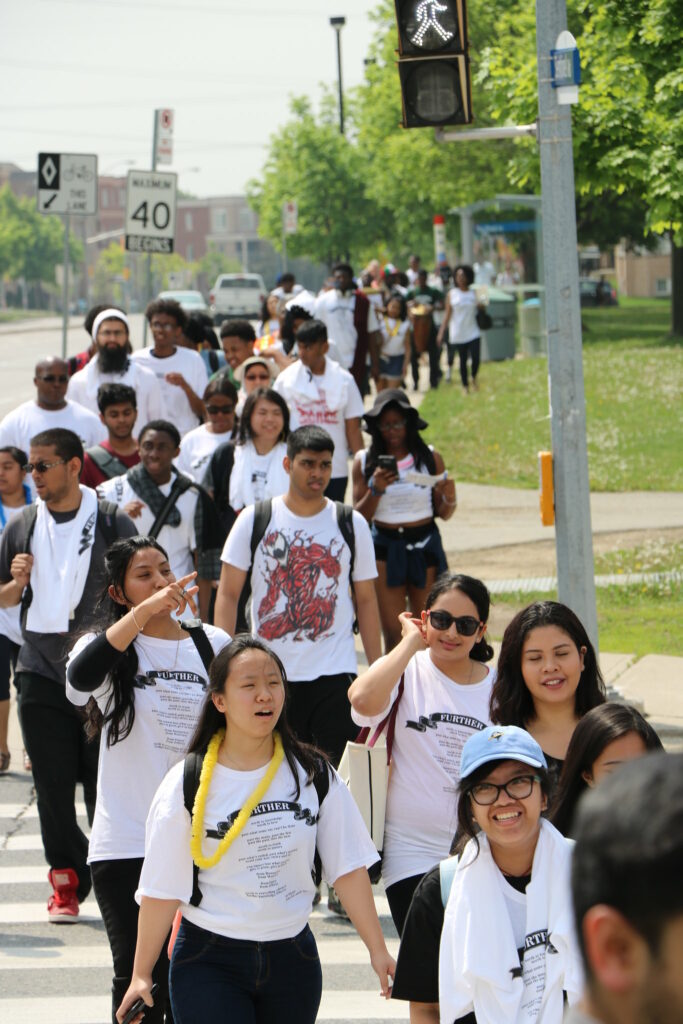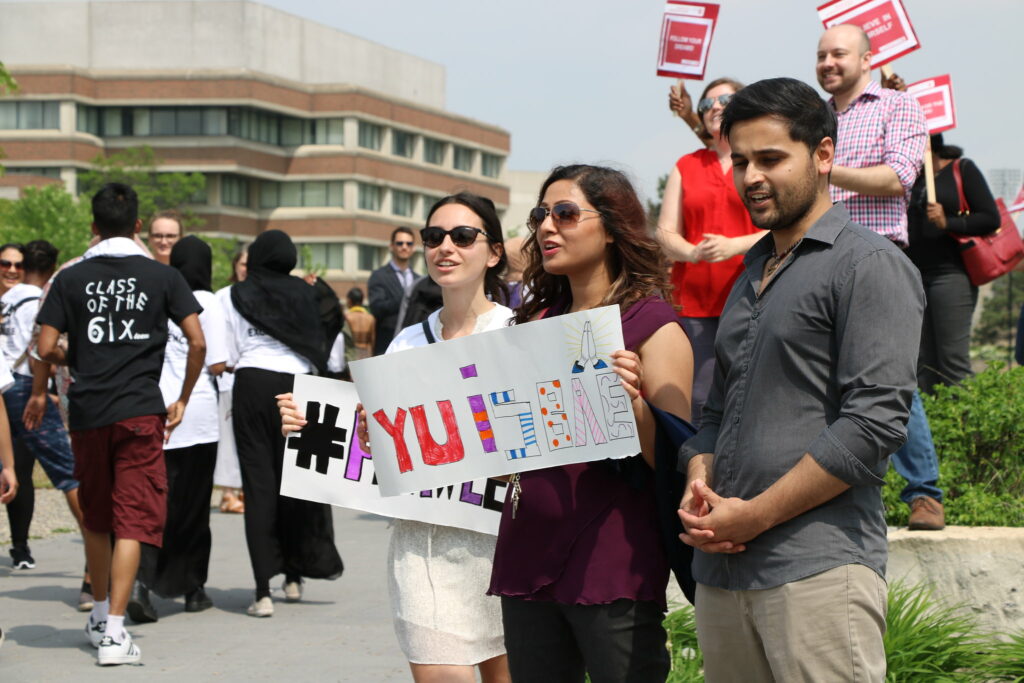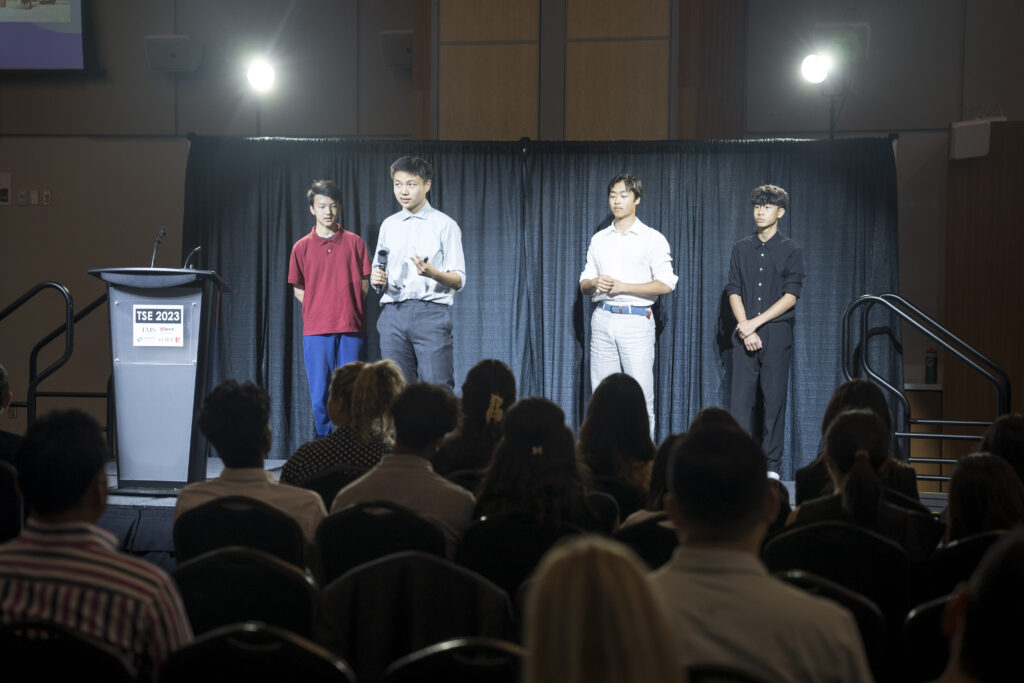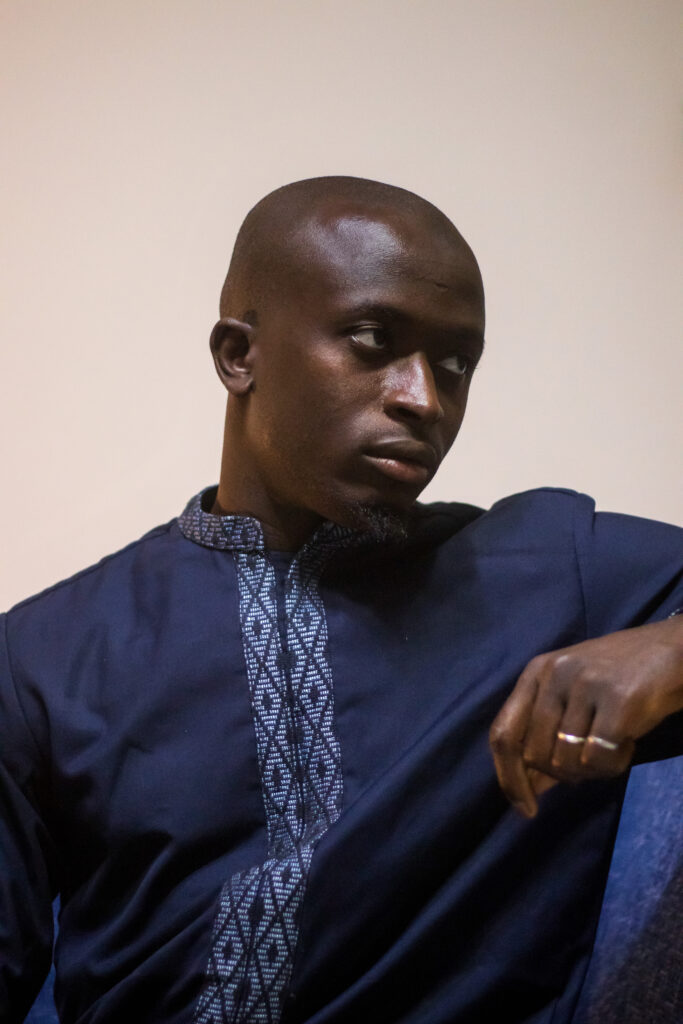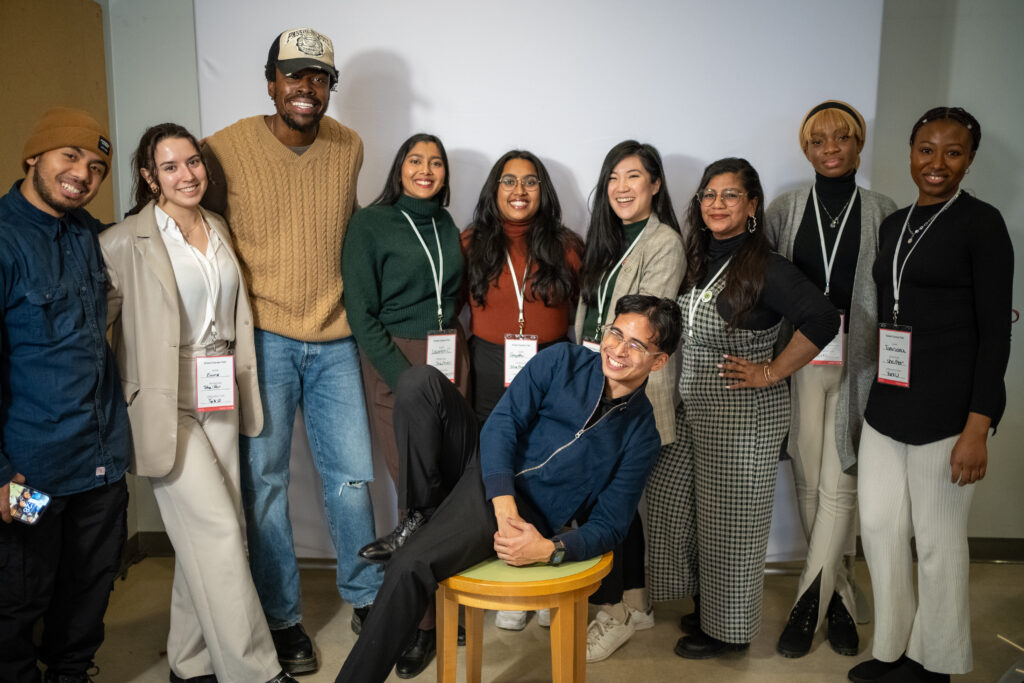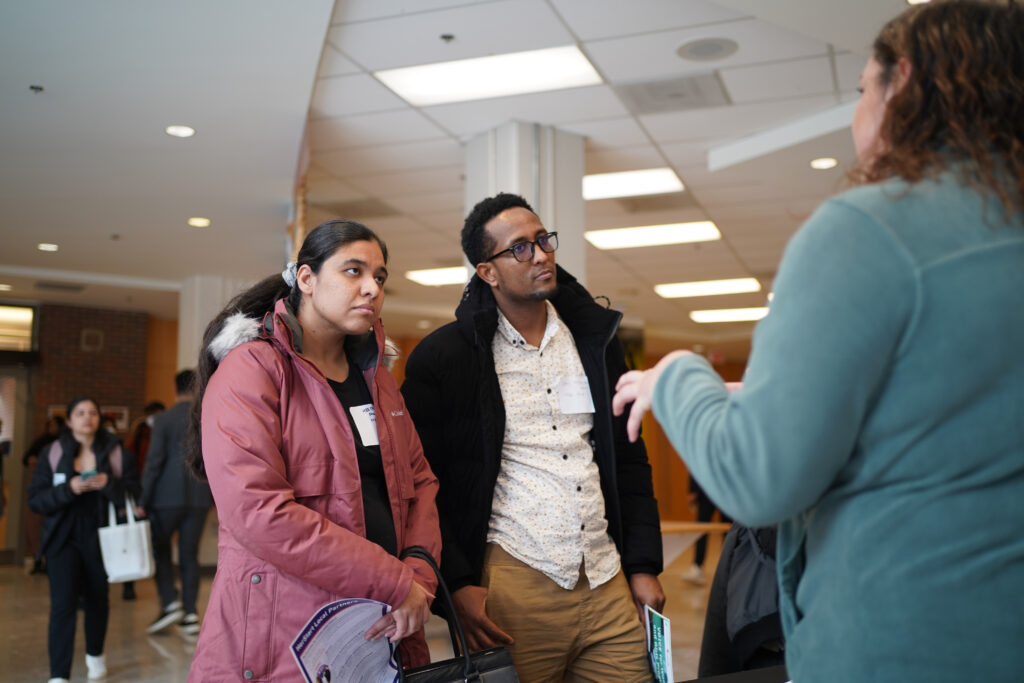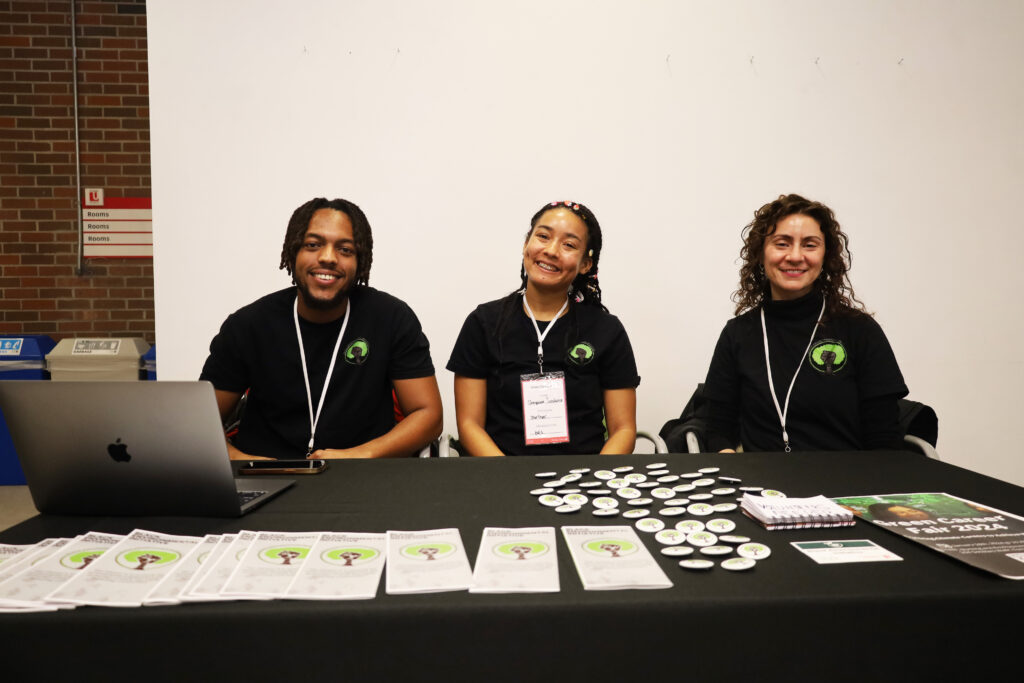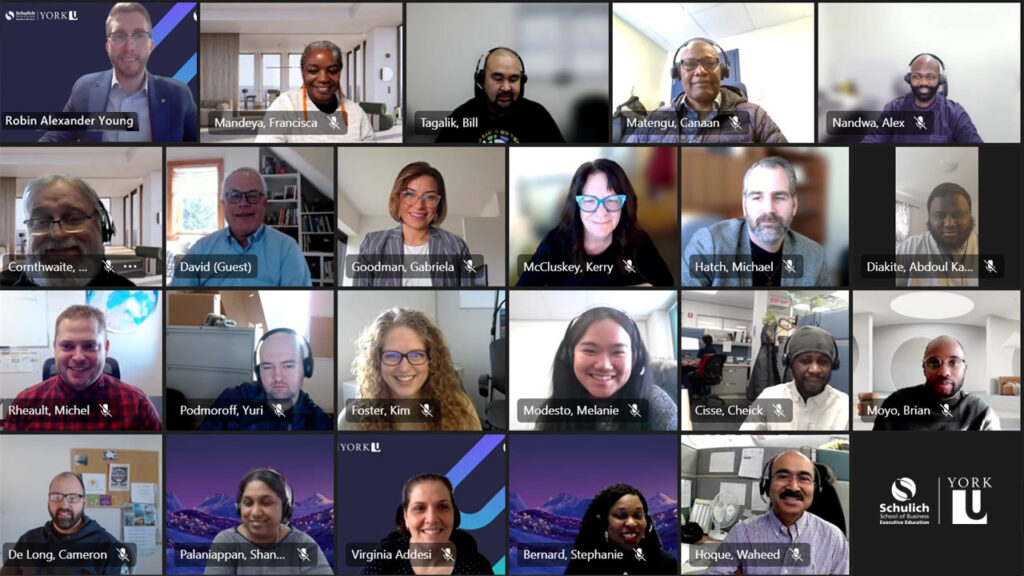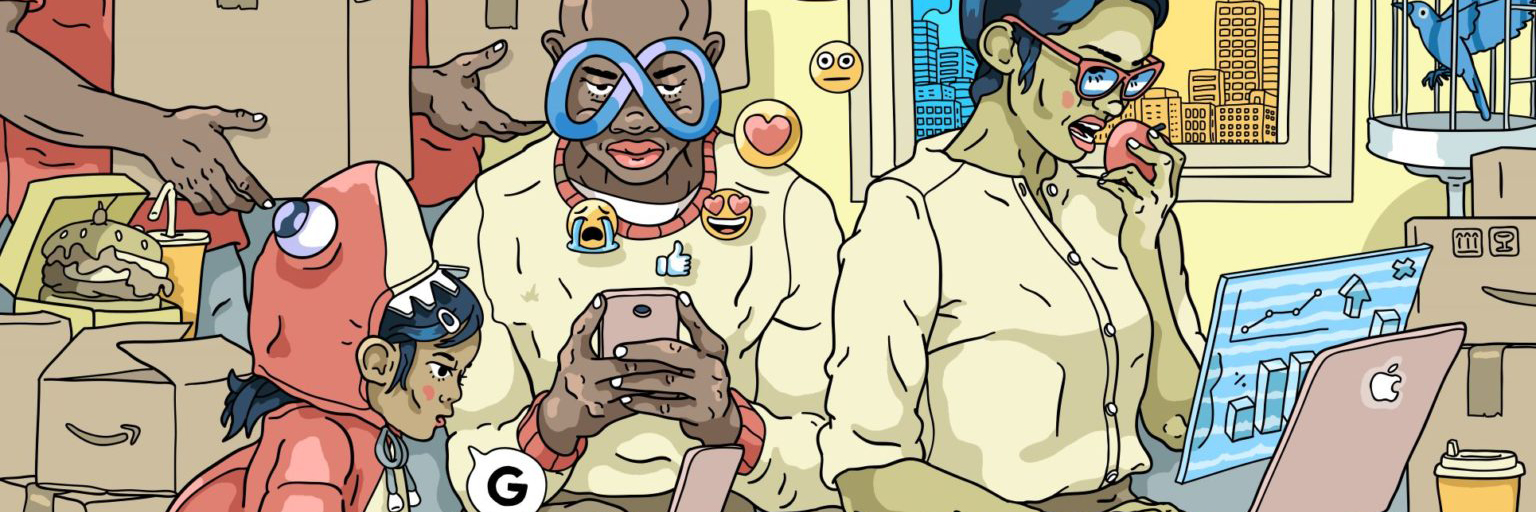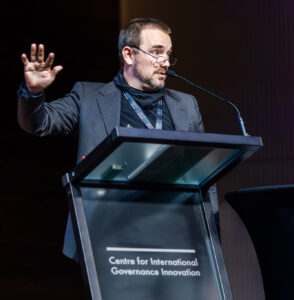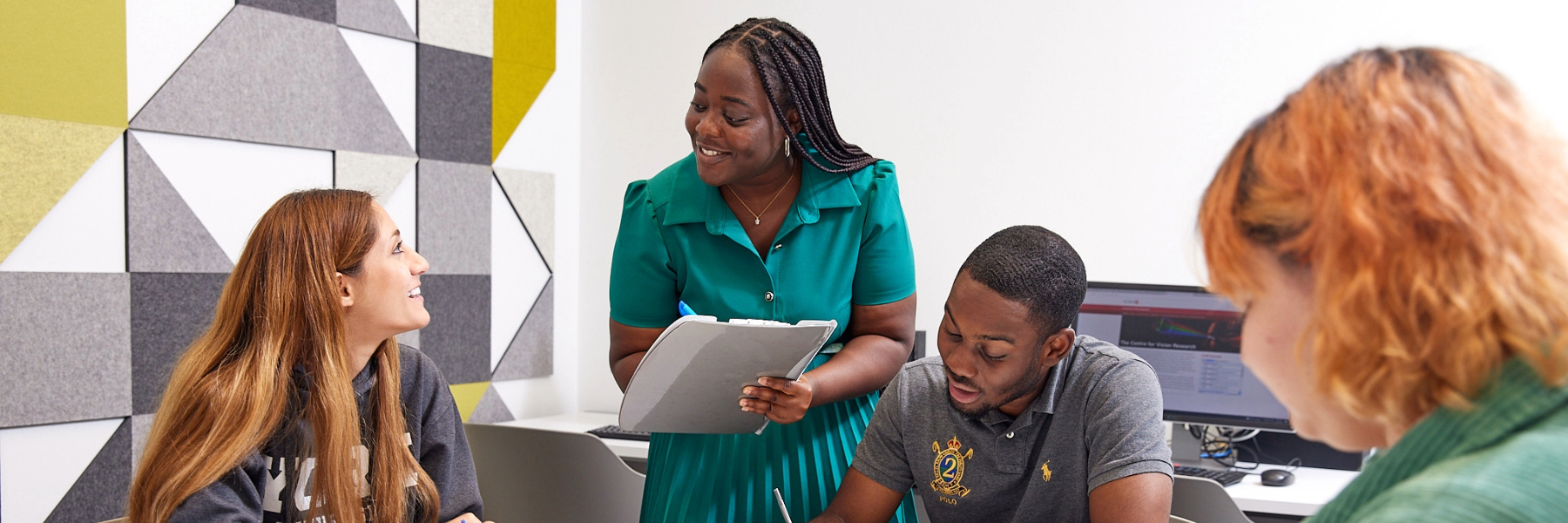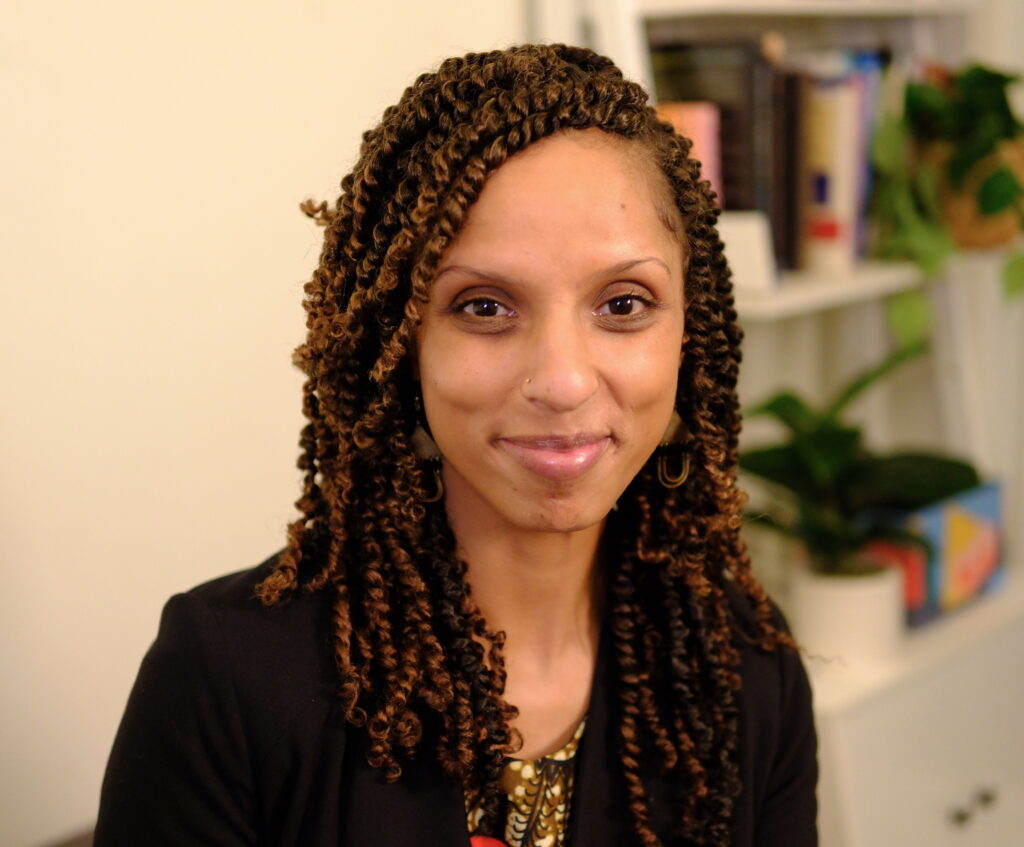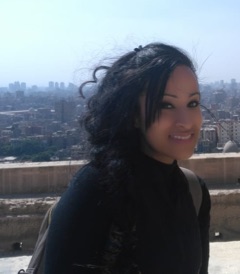The City of Ottawa has long recognized the pivotal role of skilful leadership in achieving its vision of prosperity, sustainability and resilience. For over a decade, York University’s Schulich ExecEd has been a trusted partner, helping to equip Ottawa’s leaders with the knowledge and tools needed to navigate the increasingly complex challenges of municipal leadership. This past year, Schulich ExecEd delivered an updated version of its Masters Certificate in Municipal Leadership program to 50 City of Ottawa managers.
Customized to meet the diverse needs of both new and seasoned leaders at the City of Ottawa, this 12-day learning program, which unfolded over 12 months, included three modules: Essentials of Municipal Leadership, Strategic Municipal Leadership and – the new addition – Future-proofing Municipalities.
“This program has challenged the participants to think about the type of leader they want to be – someone who encourages and develops people, who listens, who models integrity, who puts others first, and who acts with courage and care as we work together to build a truly great city,” said Wendy Stephanson, city manager. “It has also presented a wonderful opportunity for our leaders to broaden their skills and explore new and innovative ways of thinking.”
The new module epitomizes the City of Ottawa’s forward-looking vision, challenging participants to embrace complexity, leverage data, and lead through change with strategic foresight and digital acumen.
The cohort-based learning experience also provided networking and collaboration opportunities among leaders across different departments, fostering a culture of peer-to-peer learning and building collegial relationships to last beyond the program.
“The content was like a reassuring reality check,” said one participant. “Everyone is facing similar struggles and challenges, but all we have to do is redefine how we look at these and give ourselves some leeway in terms of how we define success.”
Last month, the City of Ottawa hosted a Celebration of Learning event, recognizing the 50 program participants for their dedication and accomplishments. With leaders from both the city and Schulich ExecEd in attendance, the celebration served as a testament to the transformative power of education and collaboration in shaping the leaders of tomorrow.
“In an era of unprecedented uncertainty, the need for skilled and agile leaders in the public sector has never been more apparent,” said Rami Mayer, executive director of Schulich ExecEd. “ExecEd’s Masters Certificate in Municipal Leadership program delves deep into the psychology of leadership, effective communication, cultures of innovation, political acuity and agile decision-making. Those are skills that municipal leaders of our future need to harness today to nurture their leadership strengths, and those of their teams, and deliver on their commitment to provide exceptional service to their communities.”
Through strategic partnerships like this one, municipal professionals are being empowered with the skills and knowledge necessary to continue to shape the future of the communities they serve.


